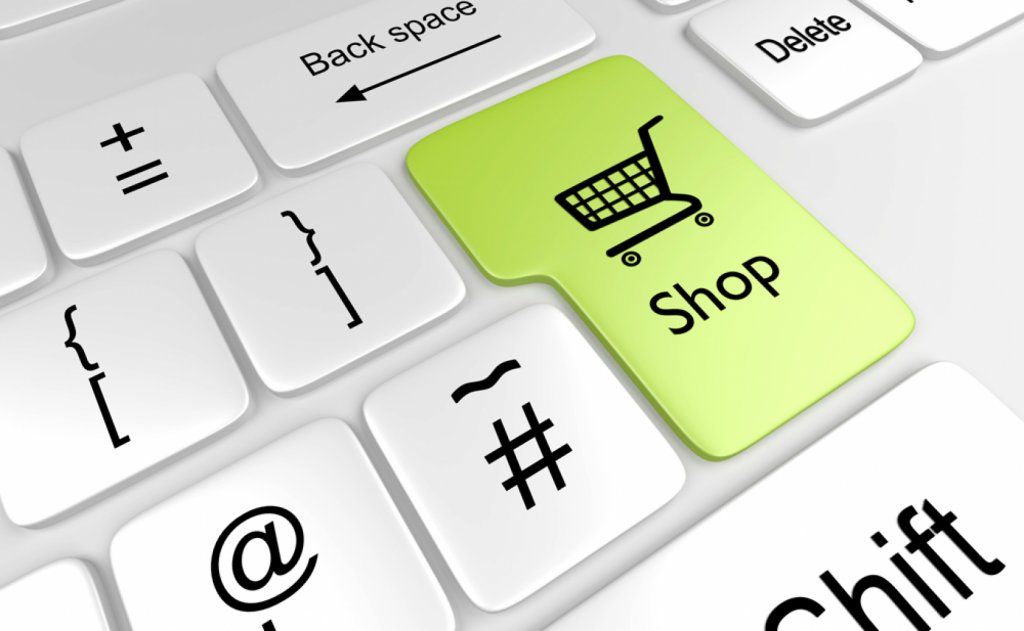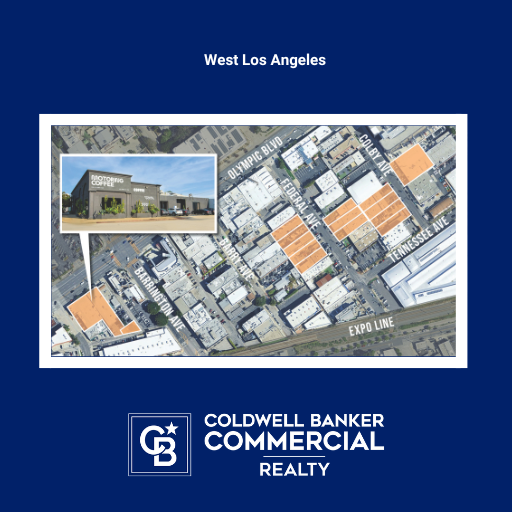Will Online Ordering Be the End of Main Street Retail?

Expansion of Main Street Retail Through Digitalization
Main Street communities are increasingly leveraging their brick-and-mortar shopping to create a sense of place. It’s all about the unique competitive advantage that smaller stores have in their ability to tap into the meaningful in-person experience. Today’s consumers want to ensure that their purchase makes a difference. Buying from a main street shop offers a connection to local business owners and artisans and gives consumers a very real sense of the impact they are making on their community.
Brick and mortar retail in small towns is here to stay. NFIB Small Business Optimism Index indicates that small business continues to boost the economy as consumers are ready to shop Main Street. This trend is fueled by customers who have the potential to spend and are looking for a new shopping experience which can’t be found in malls or big box stores. To help this comeback happen, local retailers will have to adapt to the changing market trends and stay aware of the evolution of their customers’ needs. Look to local retailers who have remained strong in their market, for a model of how to make the necessary adjustments to align with evolving consumer needs and desires.
Rodney Krebs, CBC DuFour Realty, Chico, CA says “We have a number of specialized retailers in our historic downtown which are doing well. There has been an increase in food and drink establishments taking up the spaces vacated by the retail generalist which carried a broad range of merchandise. In general, our retail real estate market has adapted so that occupancy is fairly stable, and vacancy is low.”
Technology and Small Town Retail:
Part of what consumers expect, even from local retailers, is an opportunity to connect in virtual spaces. One transformation that’s coming is an opportunity to help drive a Main Street resurgence for small businesses, by adapting to innovative technology and mobile solutions. Main Street America.org reports that technology transformation holds great promise for retailers, but its implementation has many challenges. The key to success is to tap into the power of technology in small changes rather than radical implementation.
In keeping with what small retailers do well, the report suggests that retailers focus on technology that helps create personalized experiences to provide customers with a mix of physical and virtual retail experience. Technology improvements like using tablets and social media to improve service do not require massive investment by small retailers. In the era of digital assistants, Messenger, text messages and email, stores can accept orders and requests using any of these channels. All it takes is good recordkeeping and providing customers easy-to-follow instructions to get set up.
Omnichannel
Mobile-to-offline (M2O) cycle is a combination of in-store mobile, social media and interactions with family & friends. Forbes reports that M2O has gained popularity among small businesses helping shoppers find new ideas with proactive offers and inspiring creativity based on their shared location data. Main street retailers can provide customers with various social media outlets to share their discovery with others.
For millennial and Gen Z shoppers, if a moment means something to them, they will share the physical experience by snapping pictures. Main Street is all about individuality and unique experiences and mobile help retail discoveries gain mass attention, thereby making them a killer match.
Buy Online – Pick up in Store
The M2O space is not for just big-box retailers. Per Street Fight, local retailers with small and midsize businesses are now among the 61% of retailers that follow both in-store and online strategies and “buy online, pick up in store” options. A hardware store can get into M2O space by putting its inventory online. The shoppers can choose what they want online and when they come to the store to get their order, the shop can leverage that opportunity to connect by offering lessons and demonstrations about how to use tools.
Small business retailers have a unique competitive advantage which the big chains and online giants lack: focus on meaning, personal touch, and enjoyment. The local retailers are vital members of the local community and leaders can find successful economies of scale by bringing together the personal service that specialty retailers offer. Personalization of product, as well as customer experience, will continue to be a key retail trend and reshape the retail landscape over the next decade. Today’s customers are placing a lot more emphasis and importance on experiences and this won’t change anytime soon.
A Trusted Guide in Commercial Real Estate
Coldwell Banker Commercial® provides Commercial Real Estate Services from Property Sales and Leases, to Property Management. Learn how our expansive network of Independently Owned and Operated Affiliates and Real Estate Professionals use their in-depth knowledge of the local market and industry trends to help businesses and investors navigate the complexities of the commercial real estate landscape.






